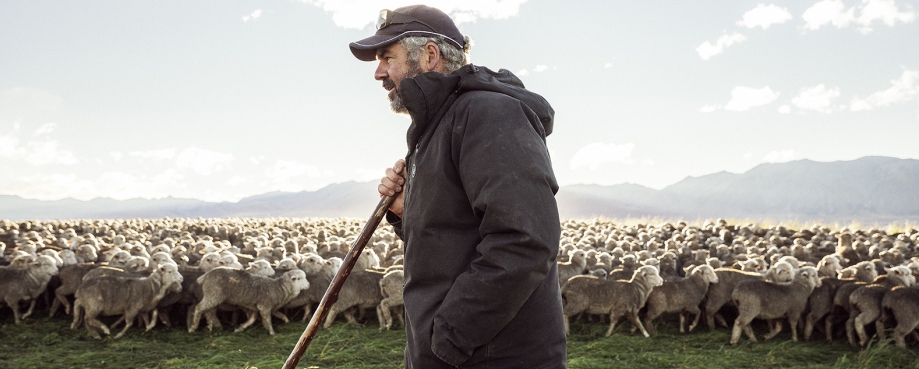
Founded in 1853, Devold is Norway's leading high-quality wool clothing brand, with garments rigorously tested in challenging winter conditions. About 40 percent of our wool products are sold internationally, primarily within the European market, and include the protective work wear series used by fire fighters, police and defense.
Ensuring supply chain transparency and vertical integration
At a time when many brands are just starting to map and disclose tier one and two suppliers, Devold is a front runner with an already fully traceable supply chain.
Adopting the ETI reporting requirements aligns with our commitment to sustainable business practices and traceability as matters of quality. More than 60% of our wool is traceable back to the very farm of origin, and our garments carry the name of the producing farm. These equal partnerships with selected wool farmers secure consistent wool quality and that both animals and land are well taken care of.
Devold’s ‘Sheep to Shop’ programme with direct, long-term contracts with wool farmers is a departure from the industry practice of auctioning wool globally. We know our farmers personally. Devold’s owners, the Flakk family, practice vertical integration by owning and operating Devold’s factory and dyeing plant in Lithuania. This offers visibility into tiers three and four – suppliers providing raw materials to tier three facilities for processing (scouring and top-making).
Vertical integration comes with direct responsibility to take care of all our staff. Most of our competitors source their production from Asia, whereas we have chosen to invest in and build our own factory in Europe. This allows us a fully controlled process: we knit the fabric, we cut the fabric, we sow the garments, we add the finishing and, importantly, we pay our staff a living wage. We have doubled wages since 2018 to keep pace with inflation and ensure that our staff do not experience a real wage decrease.
Collaboration to increase leverage
At Devold, we were attracted by ETI’s tripartite structure and ability to convene a diverse range of key stakeholders. We see merit in increasing our leverage where we alone can lack the operational control or sufficient volume to effectively incentivise change.
Collaboration is essential to succeed with responsible sourcing. We might have an order of buttons that equals an hour’s work for a supplier every month. In such cases, it is obvious that we need to combine purchasing power across the industry to drive positive change in the supply chain. ETI will also hold us to account to ensure our purchasing practices are sound and that we are achieving the standard of practice we set out to.
An update of Devold of Norway’s human rights statement is necessary to ensure we meet the requirements of ETI's Base Code.
Timing of the membership application
Devold’s decision to apply for membership has also been influenced by emerging EU and national legislation on due diligence. We want to lend our voice to the ETIs due diligence methodology and influence others to join and improve business, human rights, and environmental impacts across the industry.
Our middle tiers, tiers two and three, involve shared suppliers, requiring efficient collaboration with industry peers to ensure decent working conditions. We look forward to contributing to discussions and peer-to-peer learning on practical steps companies are taking to comply with these laws.
